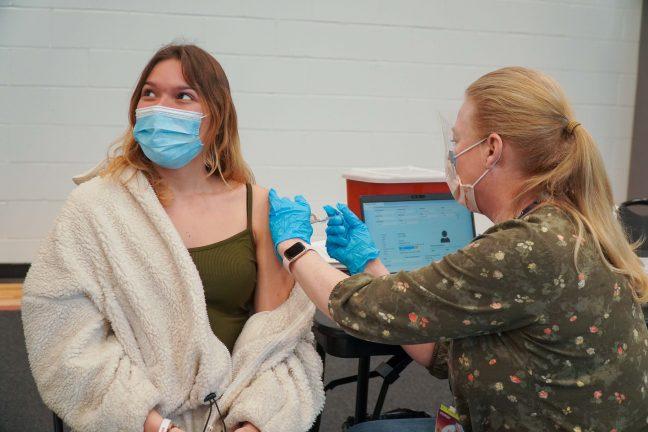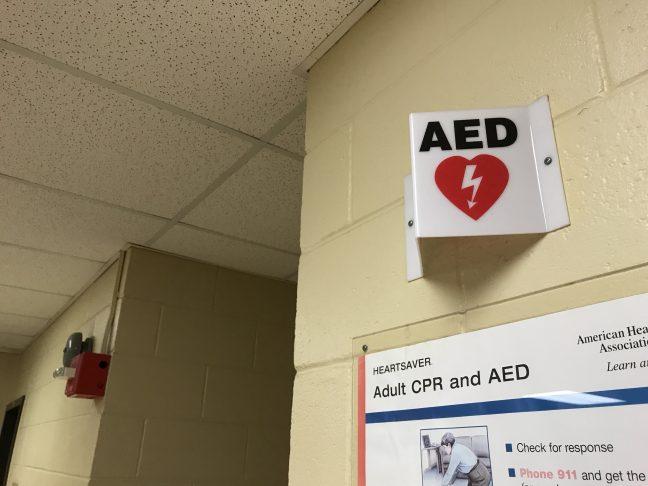Year three of the pandemic is right around the corner. While vaccines and masks have allowed for some semblance of a normal life, COVID-19 is still raging throughout society with a host of variants.
The most recent variant to arise is the omicron variant, which the WHO has labeled a “variant of concern.” According to CNBC, it’s too early to draw conclusions regarding the severity and transmissibility of the variant, but its mutations and global spread make it potentially impactful on the pandemic.
Greater risk to COVID-19 associated with genetics, systemic factors
In an email statement to The Badger Herald, Ajay Sethi, who is an associate professor at the University of Wisconsin, said the omicron variant contains a large number of mutations in comparison to other variants thus far, such as delta. Studies are in progress to better understand the transmissibility, severity and strength against vaccines for omicron, and a couple more weeks will be needed to fully understand the risks associated with this variant, he said.
“We do not yet know how much of a threat the Omicron variant poses to fully vaccinated people but breakthrough infections and spread between vaccinated individuals is anticipated,” Sethi said. “Anyone unvaccinated or under-vaccinated will continue to be at greatest risk for infection, severe illness and death. So, getting that first dose or booster is more important now than ever before.”
According to CNBC, early studies suggest a third dose helps to protect against omicron, but the initial two dose regimen drops in effectiveness. The Pfizer CEO suggested a fourth dose may be needed sooner than expected.
UPDATED: FDA authorizes booster shots for Moderna, Johnson & Johnson and mixing vaccines
According to the CDC, omicron was first reported by scientists in South Africa and Botswana in early November. At the moment, the variant is emerging in more and more U.S. states, and three new cases of the variant were recently found in Wisconsin. As for UW, Sethi said the campus is “highly vaccinated,” so the spread of omicron can be managed.
“A variant is concerning if it is more transmissible or causes more severe illness or deaths, or if current vaccines and treatments are less effective against it,” Sethi said. “We are better prepared to curtail the spread of SARS-CoV-2 now than when the pandemic started.”














